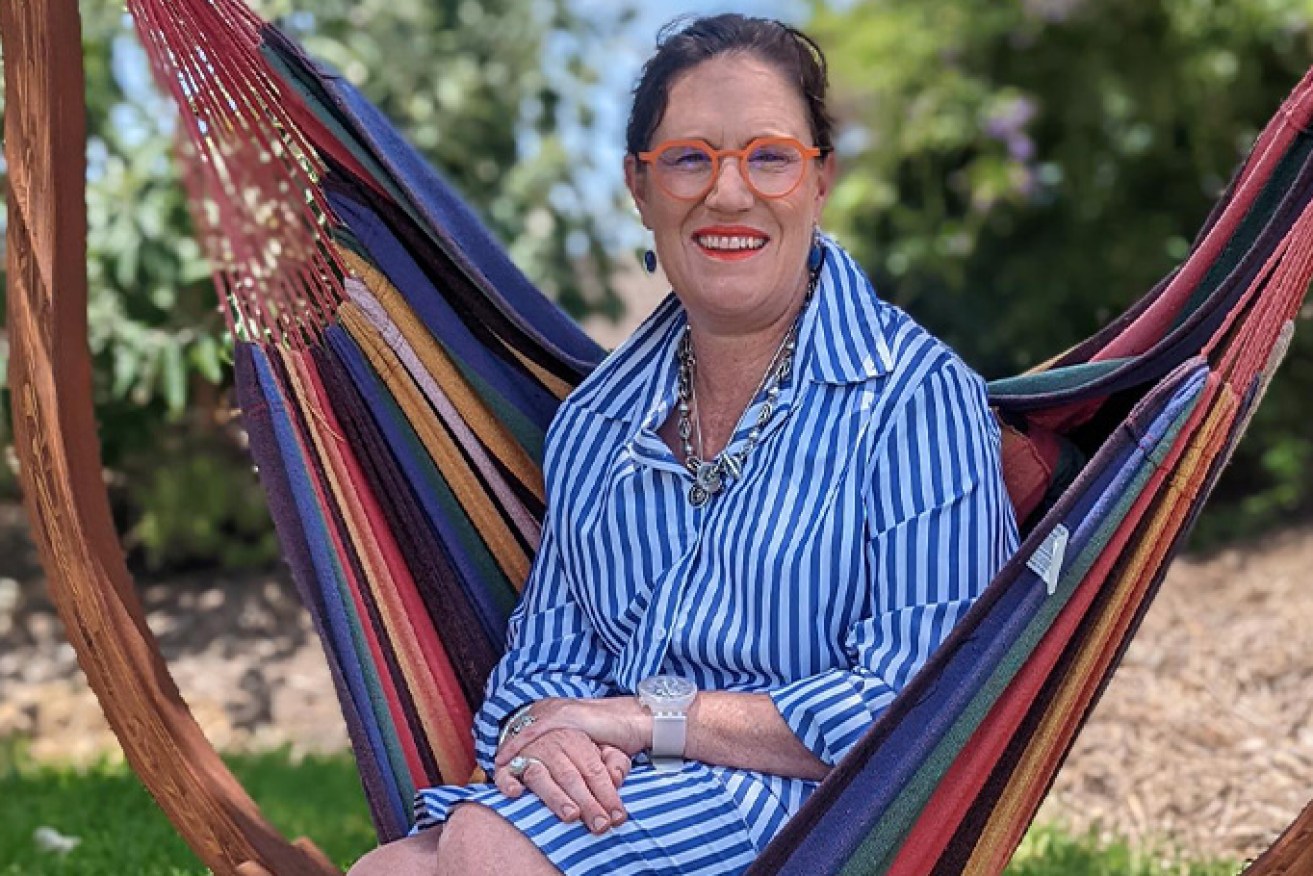With technology on their side, meet the women who are making their mark in rural Queensland
North will meet south to decide Queensland’s top rural woman this week, with technology guaranteed to be at the centre of the contest.


Four finalists are in the running for the Agrifutures Rural Women’s Award, two from North Queensland and two from the Western Downs.
The winner announced on March 10 will receive a $15,000 bursary and represent Queensland at the national awards in October where they have the chance to win an additional $20,000.
Townsville photographer Fiona Lake is one of the finalists, hoping her passion for agtech will find favour among the judges and approval from the naming rights sponsor which plays a central role in boosting technology adoption within the agriculture sector.
Lake is convinced technology uptake is the key to closing the equality gap between rural and urban communities and she is targeting women and the elderly as critical to her mission.
Her vision is to create a comprehensive collection of on-property video interviews as a way to highlight rarely heard women’s practical views on the cutting-edge technology they are using on farms and stations to improve their lives and businesses.
“The gap between agtech creation and utilisation urgently needs addressing and actively involving women is at the heart of accelerating uptake,” Lake said.
Jennifer McKee from Innisfail, is one woman determined to make a difference to farmers’ lives through the use of new technology.
The self-described agtech entrepreneur said she was motivated by her first-hand experience in government to provide a solution to time-poor farmers struggling with preparing documentation for compliance audits.
She said the administrative burden farmers face in maintaining records and compliance takes up an unnecessary amount of time.
In response, she has developed an innovative, all-in-one compliance management software platform for the horticultural industry, so farmers can focus more time on what’s important.
“It’s important to me that farmers can use their time to focus on what they do best, and that is producing food and fibre,” she said.
McKee is not only saving farmers time and money, but is now also creating jobs.
She currently employs rural staff in the development and administration of her software and plans to expand the availability of her product to other industries throughout Australia and scale it for international use.
At the southern end of the state in Dalby, Jilly Tyler is hoping to save people more time in the kitchen, while providing healthy and wholesome meals with beef at the centre of the plate.
From her experience working in cattle feedlots, Tyler is a strong advocate of sustainability by focusing on maximum carcase utilisation to inspire her company’s range of ready-to-eat ‘quick cook’, retail-ready family meals.
Focusing on provenance, Tyler’s business uses Australian ingredients and suppliers to deliver a range of easily prepared meals, catering to families who like to cook and be proud of what they serve.
She hopes to explore global innovations, technologies and trends in sustainable food development to get beef back on the weeknight menu of busy families.
“My leadership goal is to form stronger, more inclusive and collaborative networks so that we can build stronger businesses, communities and futures,” she said.
From healthy appetites to healthy families, Rebecca Bradshaw from nearby Jackson, says she is driven to make a positive change for rural and remote families through addressing the challenges of accessible child and family health services.
Bradshaw has established the first private, child health nurse-led service to be delivered online in Queensland.
She believes in empowerment through knowledge, and offers her clients support and education in child health and development.
Her service is especially significant in the current global climate, as the effects of isolation are being better understood. She hopes to expand the reach and effectiveness of her service to more rural communities.
“What drives me to make positive change for our rural and remote families in Australia is how amazingly resilient, strong, courageous and adaptable we are,” she said.
When the winner is announced by Agriculture Minister Mark Furner on Thursday, they will follow in the footsteps of the last winner, Elisha Parker, who claimed the title in 2020 before Covid intervened.
Profiled by InQueensland shortly after her win, Parker used her bursary to further develop the Cattlesales.com.au marketing and advertising platform she co-founded.
She is now offering new online services to the Australian stud stock industry to benefit and boost the Australian cattle industry nationwide.
“Being nominated as a finalist is a great achievement and I congratulate all of this year’s finalists and wish them well for the future,” Furner said.
Chair of the Queensland Rural Women’s Award Alumni Committee Ann Ross said every woman had a personal journey, with no two the same.
“My vision for the Rural Women’s Award is that rural women identify themselves as a movement of leaders who are proud of the role they play in developing and supporting Australia’s rural industries,” Ross said.
“I am committed to supporting more innovation around the development of highly nutritional food sources and my aspiration for the rural industry is conservation of the food chain.”








